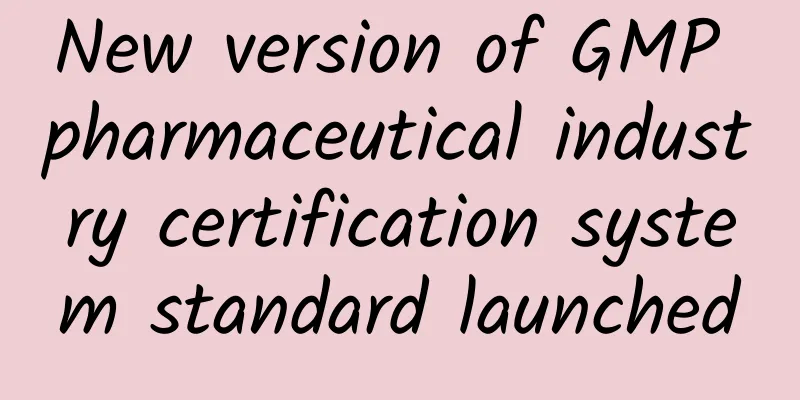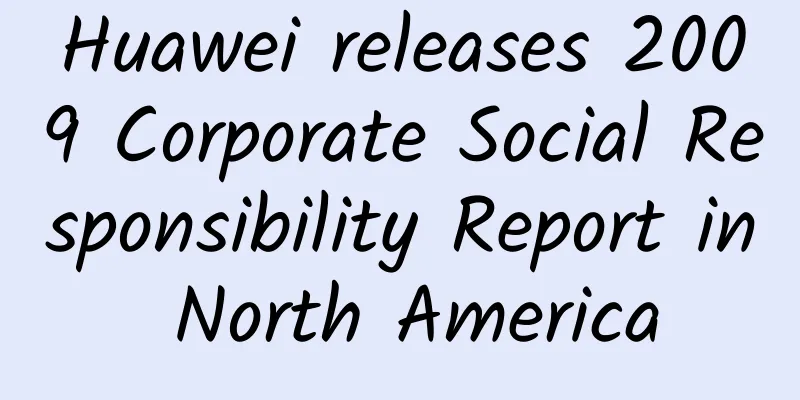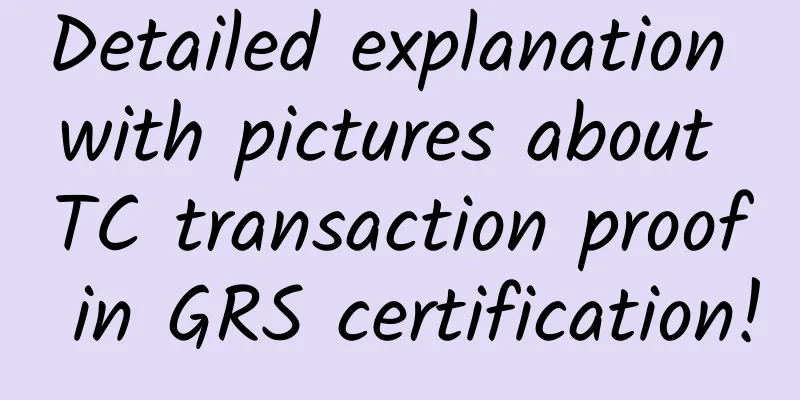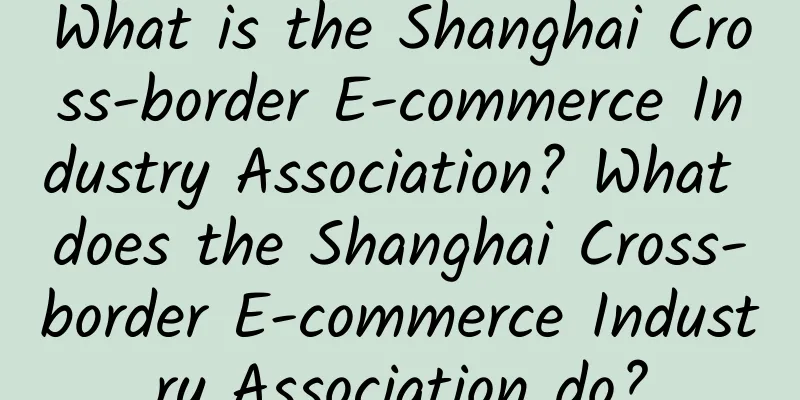WRAP Certification Professional Glossary

|
WRAP WRAP Production Principles Certification Guidelines are used to determine the criteria for certification conditions: normal or risk-based. Both levels of certification are valid for one year. Factories identified as risk-based by the WRAP Certification Committee will be subject to mandatory, unscheduled and unannounced surprise follow-up audits, which will be conducted by WRAP-approved inspectors. This guide is published exclusively by the WRAP Certification Committee and its content is determined solely by the WRAP Certification Committee. Certification Committee The WRAP Certification Committee, which consists of an independent WRAP Board of Directors and executive staff, is responsible for managing the certification program. Corrective Action Plans are remedial corrective measures that a factory must implement when it is deemed that it has failed to adopt, implement and monitor any one or more of the Global Apparel Social Responsibility Principles. Corrective Action Plans are determined, prepared and issued by independent accredited monitors who conduct on-site compliance assessments. Once a Corrective Action Plan is issued, only the Certification Committee has the right to modify its content if it deems it necessary. Evidence of Conformity Evidence of compliance with the principles includes all necessary specified and supplementary documents and practices that can prove that the production facility has adopted, implemented and monitored any one or more of the WRAP principles. These include, but are not limited to, the facility's physical evidence, management policies and practices. Factory A factory is a factory, manufacturing plant, or any production location where products are manufactured. Factory Certification Proposal The Factory Certification Proposal is the action that must be taken by the accredited independent monitor based on the results of the on-site assessment of the participating production factories to prove that the principles are indeed followed. If the production factory is verified to comply with the WRAP production principles, the independent monitor will issue a written factory certification proposal to the WRAP Certification Committee. The proposal will be reviewed together with other relevant results to determine whether to issue a certificate. If the participating production factory is found to fail to meet the requirements, the accredited independent monitor will issue a corrective action plan. The factory certification proposal will only be issued if the accredited independent monitor verifies that the participating production factory meets the certification requirements. Factory Compliance Document Checklist This checklist lists the documents/data that the factory has assembled to provide support and evidence for a positive answer to each question in the Production Principles Questionnaire. The Factory Compliance Document Checklist can be found in Appendix C of the Production Factory Self-Assessment and Monitoring Manual. Factory Monitoring Report Factory Monitoring Report refers to the report submitted by an approved independent monitor after conducting an on-site assessment at the participating production factory to prove that the principles are indeed complied with. Independent Monitors Independent Monitors are companies, organizations or individuals approved by the WRAP Certification Committee and are allowed to participate in the certification program to conduct on-site assessments of participating production plants to verify compliance with the principles. Independent Monitors must commit to complying with the conditions and regulations of the accreditation and the Monitoring and Reporting Procedures Manual. The "Factory Self-Assessment and Monitoring Manual" is the official guide and reporting requirements for the WRAP certification program. The manual is for participating factories and accredited independent monitors who conduct on-site factory assessments to verify compliance with the principles. The manual is divided into seven sections: Management Data; Factory Profile Questionnaire; Production Principles Questionnaire; Factory Compliance Document Audit Sheet; Factory Employee Interview Guide; Factory Certification Recommendation; Factory Monitoring Report; and Glossary. The Production Plant Policy and Procedure Manual contains templates of policies and procedures that plants can adopt, implement and monitor to comply with WRAP principles. This guide can be used by plants that do not currently have the policies and procedures required to comply with WRAP principles. The suggested policies and procedures are only models. Practices For the purposes of WRAP manuals and procedures, "Practices" are those measures that management implements or requires production facilities to comply with in order to conduct business, including but not limited to various practices, policies and procedures. Management practices are used as evidence of compliance with the adoption, implementation and monitoring of WRAP principles. Risk-Based Certificates A Risk-Based Certificate is a certificate issued to a reporting production facility when the WRAP Certification Committee deems that the facility is at risk of not continuing to comply with the WRAP Production Principles. A Risk-Based Certificate is a management decision and the Certificate of Compliance is issued for a period of one year (renewable). This decision also requires participating production facilities to undergo follow-up inspections from time to time during the certification period. After two consecutive years of such certificates, the WRAP Certification Committee will review the facility's certification status. If the review is positive, the WRAP Certification Committee will cancel the participating facility's risk-based certificate classification and allow the issuance of a full certificate. Risk factors include, but are not limited to, risk-based criteria. Risk-based criteria are the relevant factors and risk mitigation situations that the WRAP committee considers when reviewing the certification of participating production facilities. These factors include, but are not limited to: the past and current management performance of the factory; the process by which the factory obtains the independent monitor's recommendation; and the factory's past practices and the regional/local business environment in which the factory is located. The Production Principles Questionnaire represents the minimum standards of practices that a facility must use to demonstrate compliance with WRAP's Production Principles. If a facility does not answer each question in the Production Principles Questionnaire in the affirmative, the facility must establish the required practices before continuing with the WRAP assessment and certification process. Sample practices and policies are listed in the Production Facility Policy and Procedure Manual. Participating manufacturers can request this document from WRAP. A subcontractor factory is any manufacturer that provides products to a factory participating in the WRAP certification program. The processes performed by the subcontractor factory and/or the products provided are part of the products of the factory participating in the certification program. |
<<: ICTI approved audit company
>>: Six serious non-compliance issues in Walmart's social responsibility audit
Recommend
ISCC audit significance and certification standards
Significance of ISCC certification audit: 1. Impl...
What is Quora? How did Quora develop?
What is Quora? Quora is a question-and-answer soc...
Safeway factory inspection: wages and maternity leave for pregnant women
Many factories are not very clear about the wages...
Ann Taylor Quality Inspection Document List
Ann Taylor Quality Inspection Document List 1. Bu...
How is Good Friend International Freight Forwarder? What are the advantages of Good Friend International Freight Forwarder?
How about Good Friends International Freight Forw...
Walmart now accepts certification from certain industries to avoid duplicate audits
According to an email from Walmart's Global S...
What is Linio? What are the common problems with Linio?
What is Linio? Linio is the largest e-commerce pl...
Pan-European
Pan-European is a cross-country shipping plan lau...
OCS certification, one of the current organic cotton certification systems
The Organic Content Standard is an organic certif...
Common fire safety issues and solutions during BSCI factory audits (I) Fire hydrants blocked by cargo
Problem phenomenon: The fire hydrant is blocked b...
What are the differences between eBay and Amazon?
There are many cross-border e-commerce platforms,...
What is Sorftime? What are the functions of Sorftime?
As a brand of FilTime, a global online data solut...
What is the threshold for entering eBay? What are the advantages and disadvantages of entering eBay?
It is completely free to register on eBay, but to...
Chinese companies attach importance to social responsibility and green development
A survey report released by the Chinese Entreprene...
How is Huahan Logistics? What services does Huahan Logistics provide?
How about Huahan Logistics? Shenzhen Huahan Hongy...









